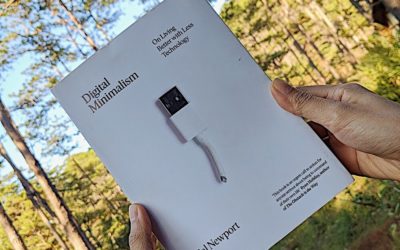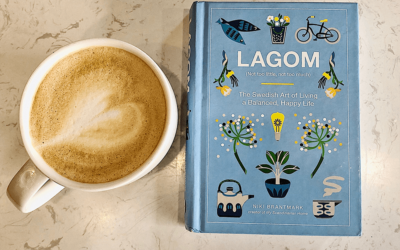
I’ve heard about this book – “Who Moved My Cheese?” by Dr Spencer Johnson – for ages in the self-help industry. Some people said it was such a childish story that they got nothing out of the book. Others loved it. All seemed to know about it.
What attracted me to read this book was the title which aroused my curiosity and offered food for thought. The text is written as a parable, so you’re supposed to draw your own lessons from what the story implies. Unlike “The Alchemist” that is open to multiple interpretations, the lessons from “Who Moved My Cheese?” are made quite straightforward.
In fewer than 100 pages, Johnson tells the story of four characters who lived in a maze: two industrious mice – Sniff and Scurry, and two miniature humans – Hem and Haw. All was going well because they found a huge source of their favorite food – cheese – in a corridor called “Cheese Station C.” The Littlepeople settled down and bragged about the cheese they earned. Their arrogance blinded them to the dwindling supply until one morning when they arrived at the site, being devastated to find the cheese was gone.
This is where the story splits in two. Scurry and Sniff quickly accepted the loss of their cheese and headed off into the maze in search of other sources. When the situation changed and their cheese had been moved, they adapted and went with the flow. The two humans, since they had built their lives around the big cheese, felt they had fallen victim to some kind of fraud or theft. Yet, they didn’t leave the area to look for more; they were fearful of what was out there in the maze. They had grown accustomed to their self-sabotaging habits and believed they were entitled to the cheese. “Who moved my cheese?”, Hem hollered.
After a long time, as their situation didn’t improve, they became bitter and blamed each other for their problems. They started using sophisticated tools to drill the walls because they thought the cheese must have been behind there. Eventually, Haw decided to explore the maze for more cheese and convinced his partner who later said thanks, but no thanks. As Haw journeyed to new areas of the maze, he pushed past his fears and learned many life lessons which were then written on the wall to encourage himself to strive forward and for Hem if he ever decided to follow him. Hard work paid off when Haw finally located a new place deep in the maze that had a ton of cheese, including all sorts of new types. He reunited with Sniff and Scurry, who had arrived here long before he did.
“Cheese” is a metaphor for what one wants in life – money, reputation, happiness, success, or anything else, while “maze” is where one looks for the cheese – workplace, family, or community.
I believe there are many more lessons than the ones that Haw wrote on the wall. Here’s what I learned:
1. Stay vigilant and prepare for change.
Smell your “cheese” often, so you know when it’s getting old. Always “sniff” for changes in your present situations and “scurry” to the next possibility without delay. Don’t “hem” and “haw.”
2. Avoid overanalyzing or overcomplicating matters.
Humans tend to think we’re superior because of how we can use our brains to tackle complex issues. However, this can backfire. Oftentimes, the best solutions are simple, but neither too simple nor too complicated.
3. Let go of the past and adapt to the present.
The quicker you relinquish your past cheese, the sooner you find your new one. It’s wiser to search in the maze than to remain in a cheeseless situation.
4. Never have a victim mentality, and be 100% accountable for what happens in your life.
Try not to resent or blame anything outside of ourselves for the parts of our life we don’t like. Whether it’s fair or not, you have to take your own initiative and improve your circumstances. Sitting there pitying yourself won’t change anything. Successful people hardly ever whine.
5. Don’t let fear paralyze you.
In order to set free, you need to get rid of any fearful belief that weighs you down. Never be afraid of change. It can be fun and keeps you young, so embrace change. Just feel the fear and do it anyway.
6. Change is inevitable.
In a world that everything is changing constantly, the only thing held constant is change.




0 Comments